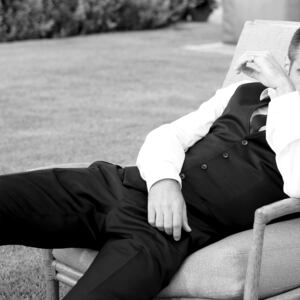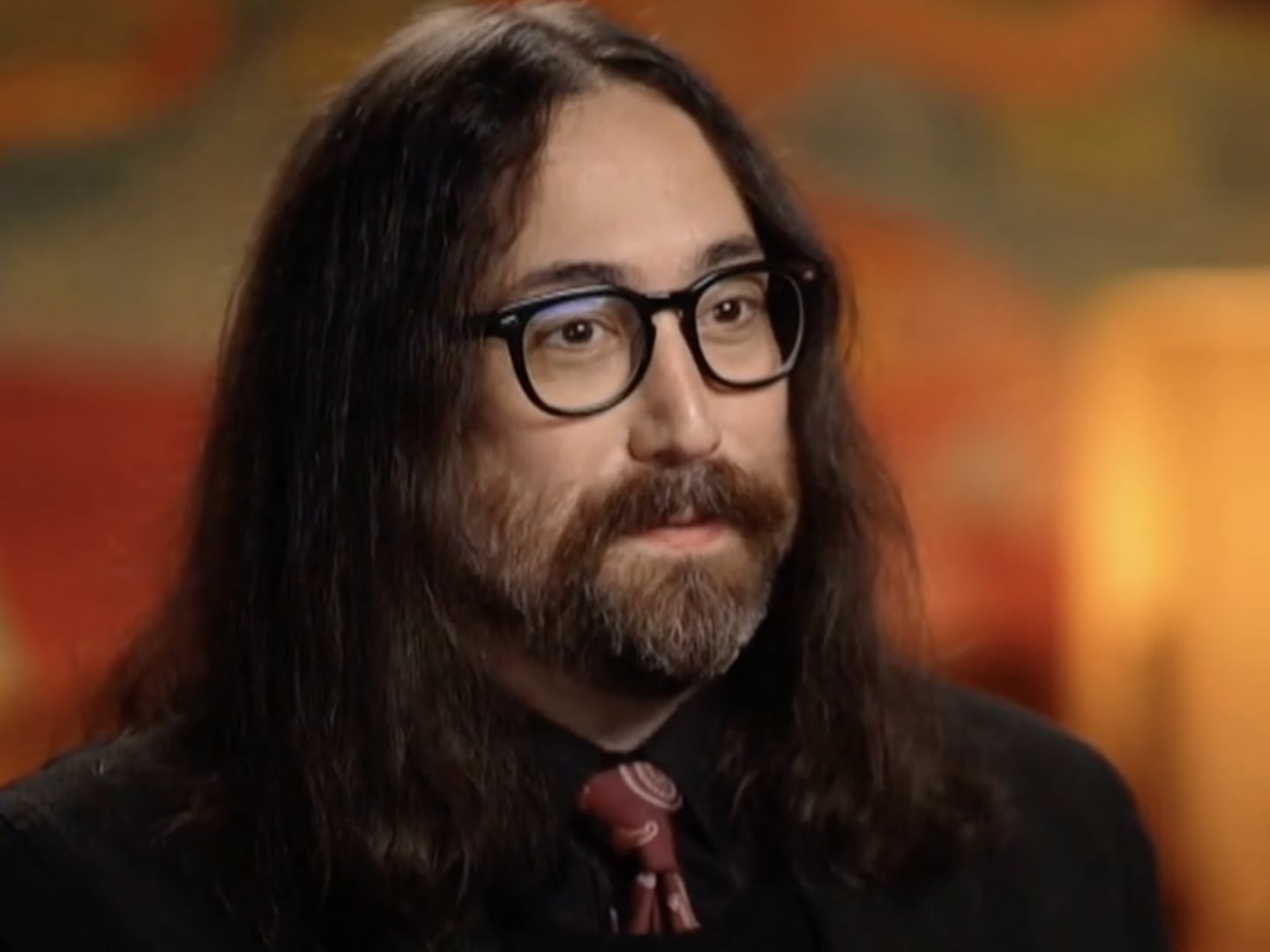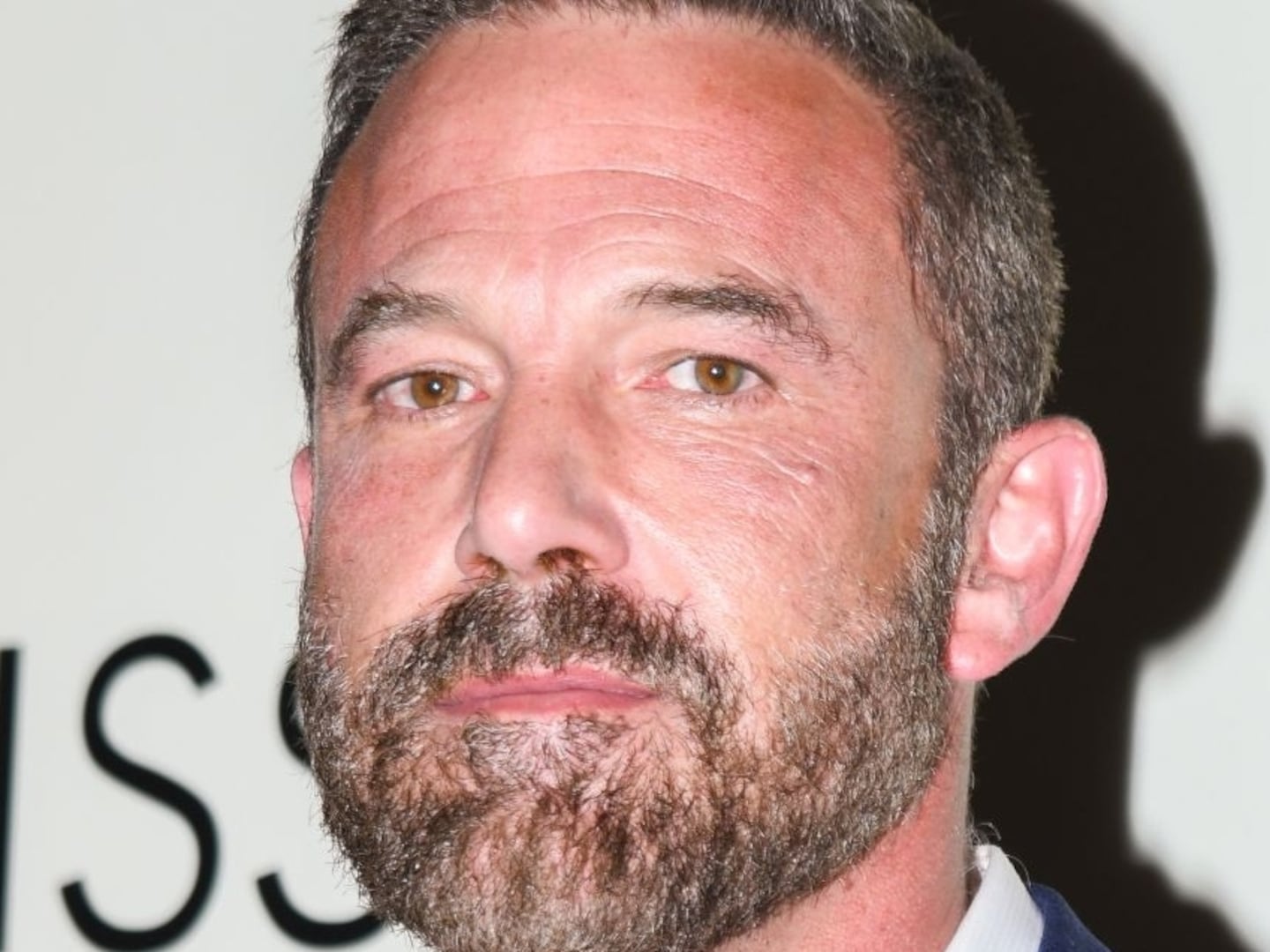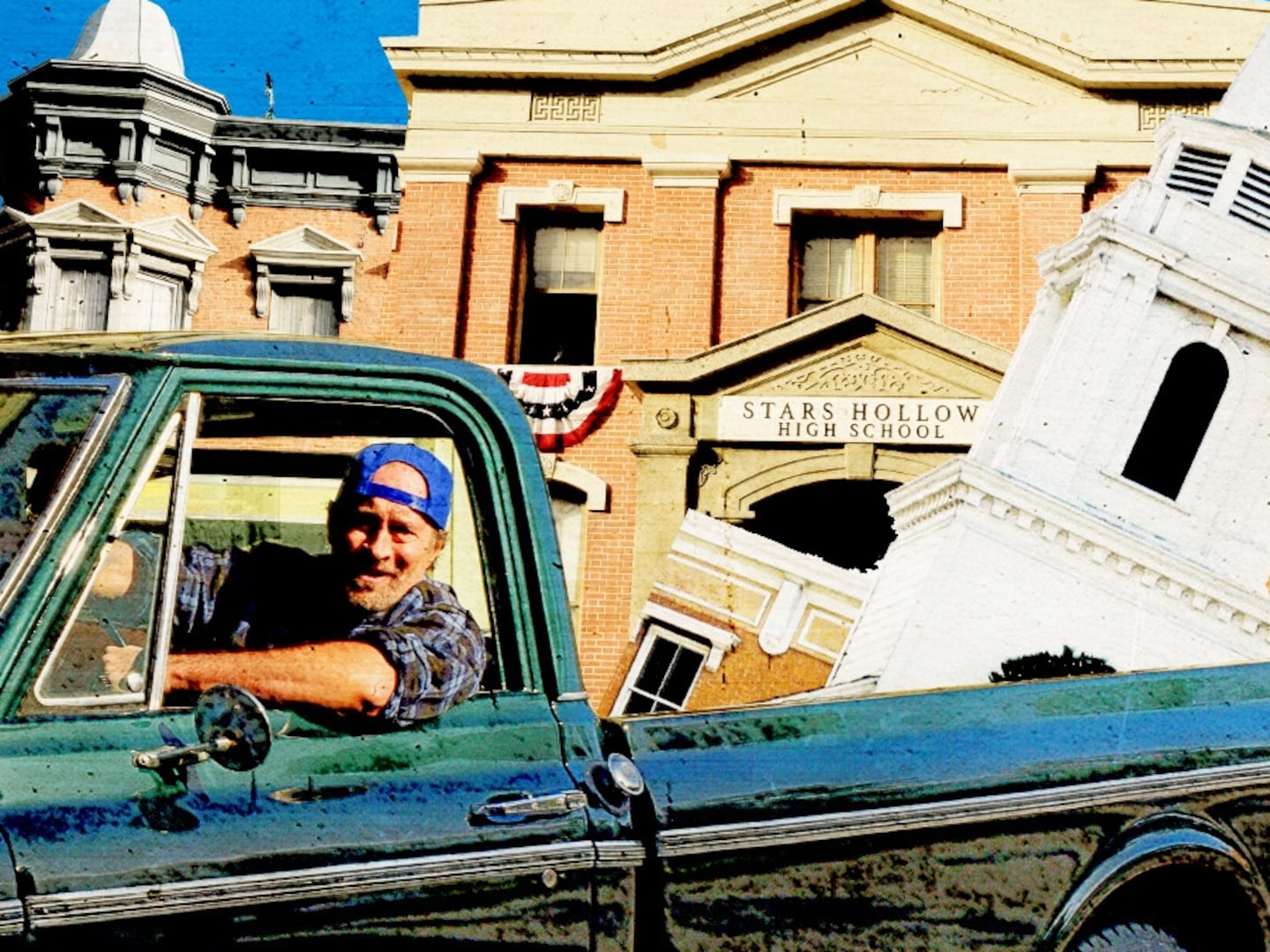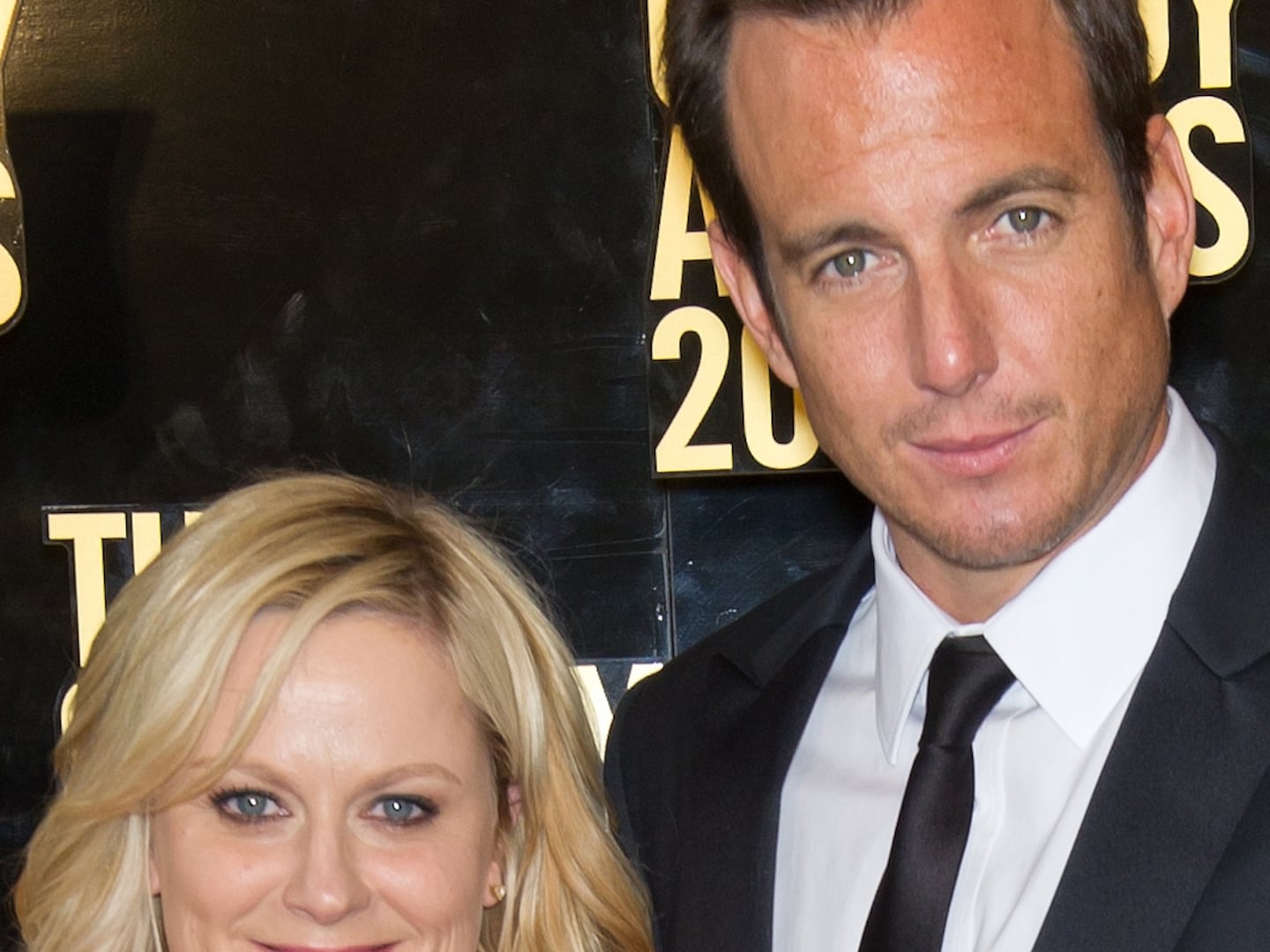There's a moment in The Banshees of Inisherin, where you can see Colin Farrell's soul being crushed.
In the new film from writer and director Martin McDonagh—best known for Three Billboards Outside Ebbing, Missouri—Farrell plays Pádraic Súilleabháin, a farmer on a small Irish island in 1923. His best friend and drinking buddy, Colm Doherty (Brendan Gleeson), has just told him that he no longer wants to hang out with him anymore. Pádraic didn't do anything in particular to offend Colm; Colm just finds him boring, and wants to spend his brief time on Earth writing fiddle tunes rather than talking about the contents of Pádraic's animals' shit. Farrell's face shifts from confused to heartbroken in a matter of moments. It's further proof that it's time for Colin Farrell to get an Oscar nomination.
At this point, it's just sort of crazy that Colin Farrell hasn't been recognized by the Academy in any capacity. Since his rise to fame in the early 2000s, he has shaken off his initial tabloid reputation to become one of the most fascinating actors in the industry, one whose presence always adds nuance to whatever movie he's in. And yet he still somehow feels underrated, like someone who you can just count on to be good rather than someone who you reward for being good.
This year has been a feast for Farrell fans. In After Yang, he was muted and mournful as a man trying to connect with his adopted daughter after her beloved robot companion malfunctions. His turn in The Batman was essentially the opposite of that—as the Penguin, he's a de Niro impression cloaked in prosthetics. And, hey, you probably didn't catch Thirteen Lives, Ron Howard's interpretation of the Thai cave rescue, but Farrell was pretty great in that underwhelming film, playing one of the stoic divers who succeeded in rescuing the soccer team.
He closes out the year with Banshees, allowing him to do work that plays on all his strengths, specifically his ability to find pathos in absurdity. He should be celebrated for it.
The Banshees of Inisherin hits the fall festival circuit this month. It earned a 13-minute standing ovation after its premiere this weekend at the Venice Film Festival, an event that is stingier with that kind of celebration than, say, the crowds at Cannes. The movie reunites Farrell with McDonagh, who first realized that Farrell was a perfect fit for his brand of (extremely) dark Irish humor with In Bruges. That film also paired Farrell with Gleeson as misfit hitmen marooned in a sleepy Belgian town, awaiting instruction from their boss.
When In Bruges was released in 2008, Farrell was not that far removed from a stint in rehab and still largely associated with the "bad boy" image that had trailed him during his Hollywood ascent. He was working with directors like Oliver Stone and Michael Mann, but in movies that, at least at the time, were seen as lesser achievements. (Mann's Miami Vice has since been reclaimed by cinephiles as the masterpiece it is; Stone's Alexander, not so much.)
As Farrell has aged, his career choices have only gotten more exciting. He proved muse to Yorgos Lanthimos in The Lobster and The Killing of a Scared Deer, sliding into the outlandish set ups with a knack for the Greek director's deadpan. He leaned into his good looks to play a hunky wounded soldier in a hothouse of female desire in Sofia Coppola's The Beguiled, and transformed into a ruthless Chicago politician for Steve McQueen's Widows.
Banshees feels like both a homecoming of sorts for Farrell and an extension of his most creative output. It brings him back to his native country and in the orbit of two of his former collaborators, but it's also transformative. He doesn't hide his face like he does in The Batman, but he's miles away from the suave movie star whose eyes brim with a wily intelligence.
Pádraic, to put it frankly, is not a smart man. He's a person of simple pleasures: He loves his animals, specifically a little donkey, and going to the pub every day around 2 p.m. for a pint with his pal Colm. When Colm puts a stop to that, his world is upended. And even though Colm threatens to self harm if Pádraic should even speak to him, Pádraic refuses to leave him alone, allowing a fairly simple disagreement to escalate to violent ends. The experience fundamentally alters Pádraic psychological makeup. Farrell allows his sweet dullness to slip away until his heart hardens with bitterness.
Banshees may not really be the Academy's cup of tea. The famed organization lavished nominations on McDonagh's Three Billboards, but that was a (controversial) movie that spoke its themes about racism and sexual abuse out loud. While the plot of Banshees is a brilliant metaphor for the Irish Civil War, which McDonagh frames as an unnecessarily bloody battle between former friends for no real reason, it's also small in scale and scope. Take it at face value and it's just about two men acting childishly.
This is why I worry that Farrell will once again be overlooked by the Oscars. There will be other performances this year that are louder and more quote-unquote important, but Pádraic Súilleabháin is a character that will live in my brain, a completely unique creation from a completely unique actor.


